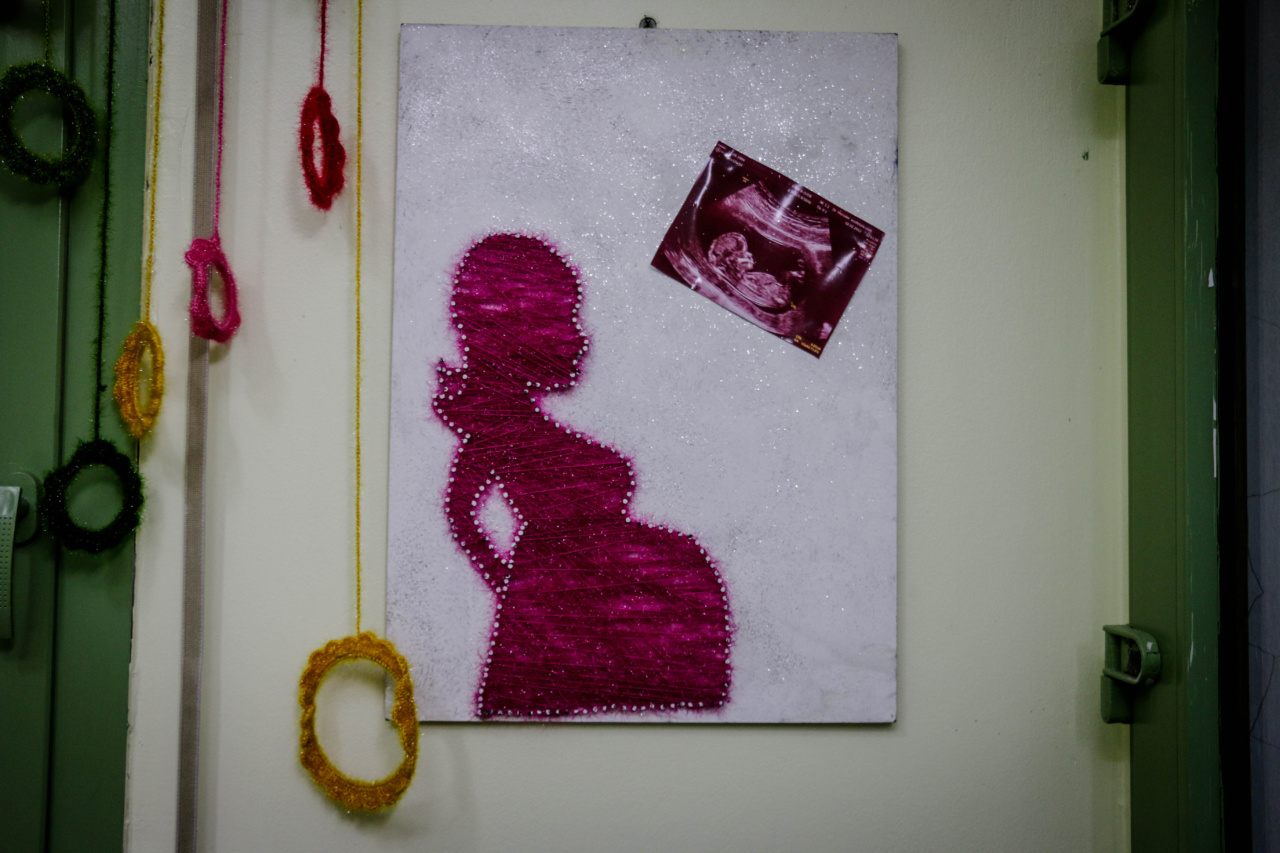Many couples who are trying to conceive often wonder about the likelihood of getting pregnant in a given month.
While there are several factors that can affect fertility and the chances of conception, it is essential to understand the various elements that can influence the outcome. From understanding your menstrual cycle to tracking ovulation and maintaining a healthy lifestyle, there are plenty of steps you can take to optimize your chances of getting pregnant.
In this article, we will explore the factors that affect fertility and the probability of conceiving in the next month.
Understanding Your Menstrual Cycle
One of the crucial aspects of predicting the likelihood of getting pregnant is understanding your menstrual cycle. The menstrual cycle is typically divided into three phases: the follicular phase, ovulation, and the luteal phase.
The Follicular Phase
The follicular phase begins on the first day of your period and lasts until ovulation occurs. This phase may vary in length for different individuals but usually lasts around 10-14 days.
During this phase, follicle-stimulating hormone (FSH) is released by the pituitary gland, stimulating the development of follicles in the ovaries. These follicles contain eggs, and as they mature, they release estrogen.
Ovulation
Ovulation is the release of a mature egg from the ovary. It usually occurs around the middle of the menstrual cycle, although the exact timing can vary.
Ovulation is triggered by a surge in luteinizing hormone (LH) and causes the mature follicle to burst, releasing the egg into the fallopian tube. The released egg is then available for fertilization by sperm.
The Luteal Phase
The luteal phase follows ovulation and lasts until the next period starts. This phase is generally consistent and lasts around 12-16 days. After ovulation, the ruptured follicle forms a structure called the corpus luteum, which produces progesterone.
Progesterone prepares the uterine lining for potential implantation of a fertilized egg.
Tracking Ovulation
To increase your chances of getting pregnant, it is crucial to track your ovulation. There are various methods you can use to determine when you are ovulating:.
1. Calendar Method
The calendar method involves tracking the length of your menstrual cycles over several months to estimate when you are likely to ovulate.
While this method can provide a general idea, it may not be accurate for everyone, especially those with irregular cycles.
2. Basal Body Temperature (BBT)
Tracking your basal body temperature involves charting your temperature every morning before getting out of bed. A slight increase in basal body temperature usually indicates that ovulation has occurred.
3. Ovulation Predictor Kits (OPKs)
Ovulation predictor kits are urine-based tests that detect the presence of LH, the hormone responsible for triggering ovulation. These kits can provide more accurate results in predicting ovulation.
Factors Affecting Fertility
While it is impossible to predict with absolute certainty whether you will get pregnant next month, several factors can affect your fertility:.
1. Age
Age plays a significant role in fertility. Women are born with a finite number of eggs, and the quantity and quality of eggs decrease as they get older. As a result, the chances of conceiving decline significantly after the age of 35.
2. Lifestyle Factors
Lifestyle factors such as smoking, excessive alcohol consumption, drug use, and stress can all impact fertility. It is essential to maintain a healthy lifestyle and avoid these factors to optimize your chances of getting pregnant.
3. Underlying Medical Conditions
Medical conditions like polycystic ovary syndrome (PCOS), endometriosis, and hormonal imbalances can affect fertility. Consulting a healthcare professional if you suspect any underlying medical conditions can help address and manage these issues.
Boosting Your Chances of Getting Pregnant
While the likelihood of getting pregnant next month depends on various factors, there are steps you can take to boost your chances:.
1. Have Regular, Unprotected Sex
The most effective way to increase your chances of getting pregnant is to have regular, unprotected sex throughout your fertile window. This usually includes the days leading up to ovulation and the day of ovulation itself.
2. Maintain a Healthy Lifestyle
Eating a balanced diet, exercising regularly, and managing stress can all contribute to improving fertility. Maintaining a healthy lifestyle not only enhances your chances of conceiving but also supports a healthy pregnancy.
3. Consider Prenatal Vitamins
Prenatal vitamins, specifically designed for women who are trying to conceive or already pregnant, contain essential nutrients such as folic acid. These vitamins can help optimize your body for pregnancy.
Conclusion
While the likelihood of getting pregnant next month cannot be determined with certainty, understanding your menstrual cycle, tracking ovulation, and making healthy lifestyle choices can significantly improve your chances.
Consulting with a healthcare professional will provide you with personalized guidance and support on your journey to conceiving. Remember to stay positive, patient, and take care of your overall well-being as you navigate the path to parenthood.





























